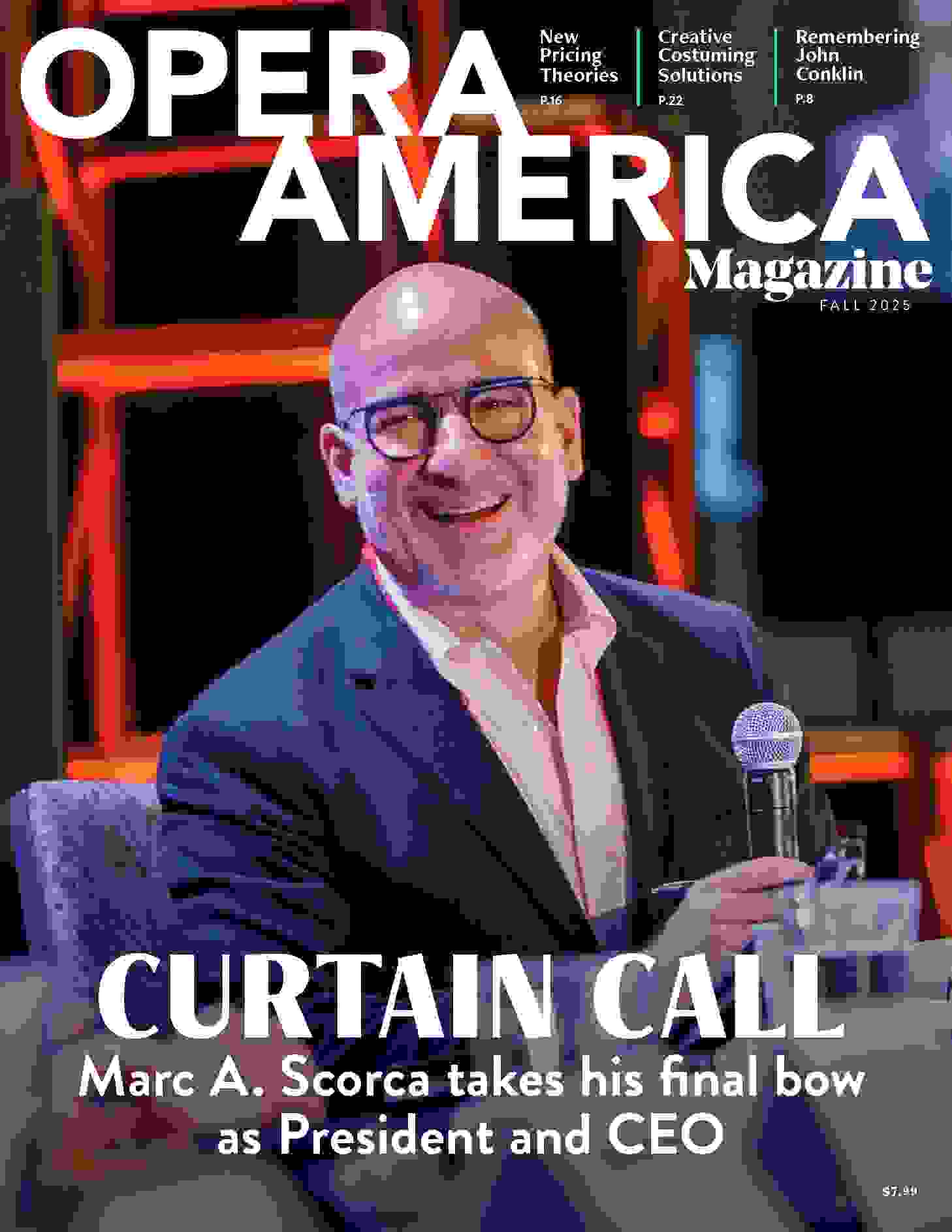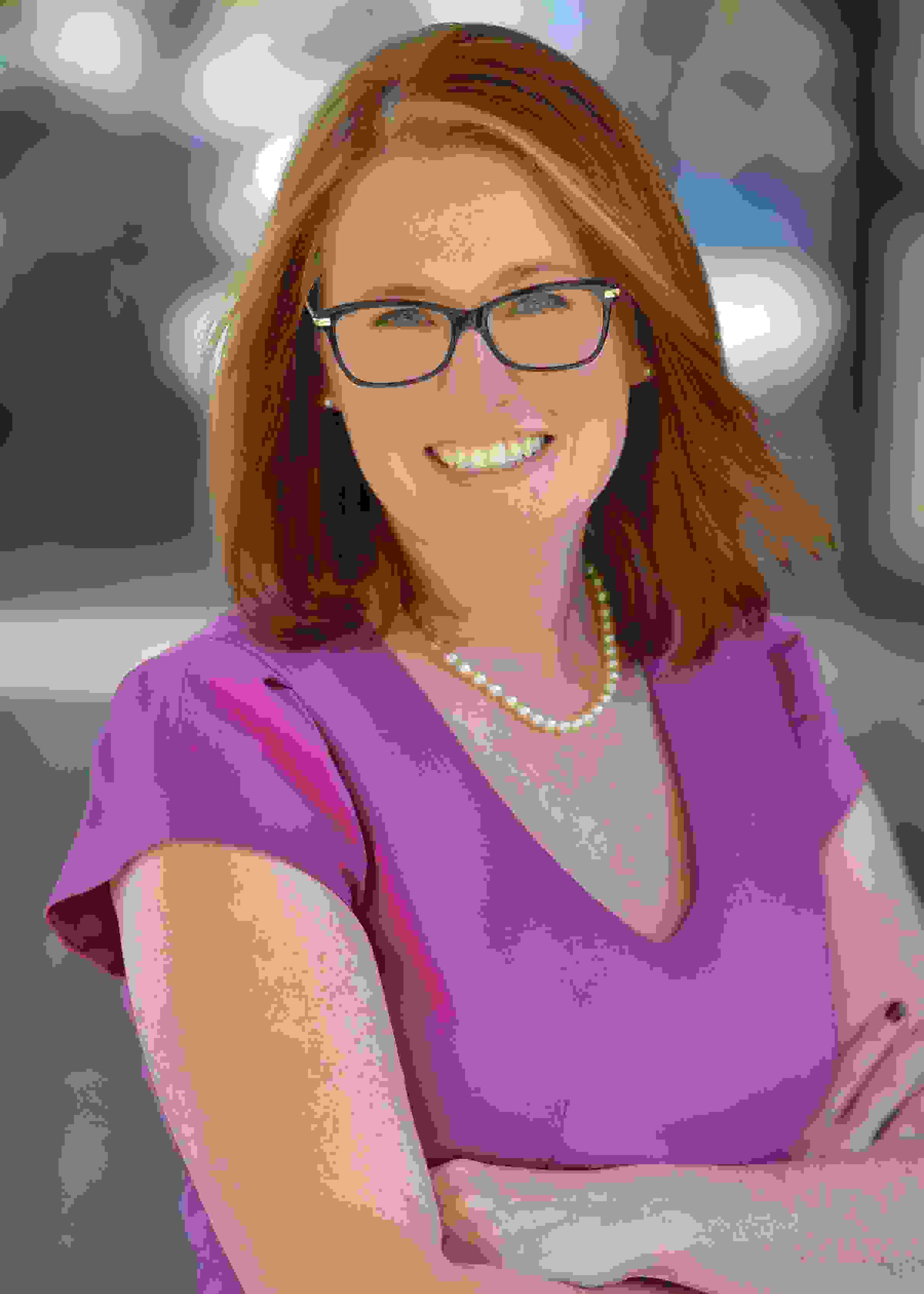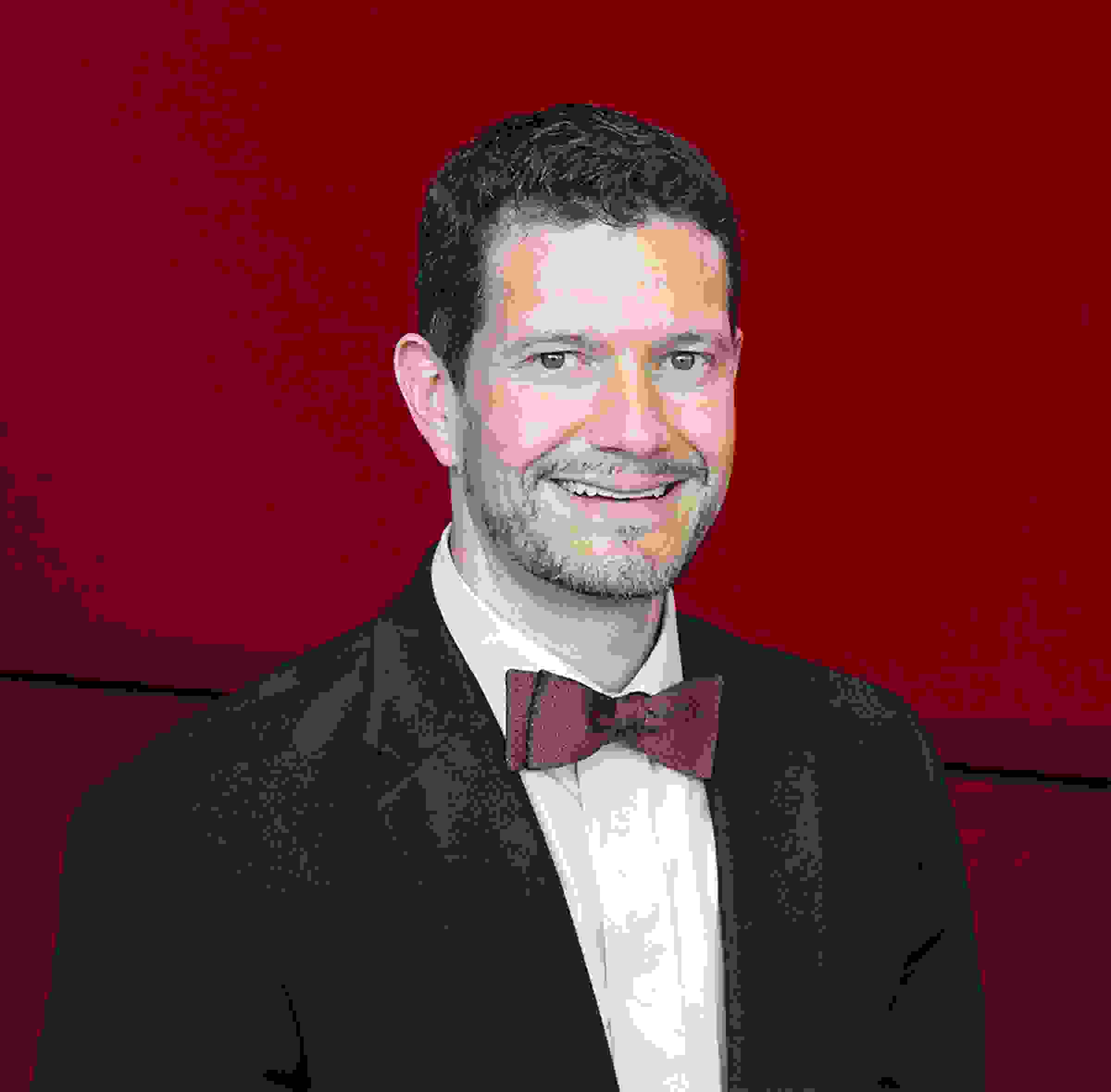Next Steps
When a singer leaves the stage — what follows?
On the face of it, Jonathan Blalock had the kind of career that most singers would envy. He had become a go-to tenor for new works, appearing in the premieres of Gregory Spears’ Paul’s Case, Mark Adamo’s Becoming Santa Claus and Jorge Martín’s Before Night Falls. But when he calculated the time it took to prepare, rehearse and perform a role, he came to a disheartening conclusion. “I divided my fees by the time I was putting in and found that I wasn’t even making minimum wage,” he says. “At a certain point you have to start ‘adulting’ and taking control of your life.” In 2017, at age 35, Blalock gave up the career that he had pursued so assiduously. He stopped accepting new engagements and started looking for new ways to make a living.
The impasse that Blalock faced is a common one. The very nature of singing makes a stage career finite. Only in rare cases will singers sustain their stage work through the end of their professional lives; most of them stop appearing in opera well before they reach normal retirement age. The second careers that singers find can be in fields as diverse as health care, law, social work and finance. But a lot of them stay in the field; in fact, opera leaders have found that singers can offer a level of knowledge about the field that they are unlikely to find elsewhere. Almost every American opera company lists former singers among their administration ranks, and quite a few general directors — such as Annie Burridge at Austin Opera, Ian Derrer at The Dallas Opera, Peggy Kriha Dye at Opera Columbus, Joseph Specter at Arizona Opera and Ryan Taylor at Minnesota Opera — began their opera careers on the other side of the footlights.
Blalock’s quest for a post-performing career has taken him to Opera Saratoga, where he works as development and patron services manager: a job whose psychological pressures, he notes, resemble those of performing. “Just like when you put yourself onstage, you have to take risks; you have to put yourself on the line,” he says. “I used to have anxiety at auditions. But now it’s not just my reputation that’s at stake, but the company’s impact on the community.”
Burridge went through New England Conservatory and the young artist programs in Des Moines and Pensacola as a soprano, but realized soon afterward that a stage career would not be hers for the taking. “I didn’t have a world-class instrument; I had three world-class notes, which isn’t enough,” she says. Meanwhile, time spent in company offices during her young artist stints gave her an appreciation for administration. “Driving along the highway one day, I thought, ‘Wait, you don’t have to be onstage,’” she says. “I came to the realization that I could find fulfillment without being onstage. Opera did not need another coloratura soubrette, but there were other areas of the business where they could use my help. I was fortunate to be able to realize I’m more talented at planning, writing and budgeting than singing.”
Although Derrer came to the industry as a baritone, he always maintained an active interest in backstage operations. Early on, he worked at The Santa Fe Opera as an assistant in the production and stage management department. “I vacillated for a while between singing and directing and stage management,” he says. “Based on what I’d seen, I knew I did not have the degree of fire in the belly needed to be a successful singer, so rather than trying to make it as another baritone, I thought I’d be better off pursuing administration. I loved singing, but I was increasingly more interested in other aspects of the business — unlike many of my singer friends, who did not seem to care about how things get loaded in and out of a theater, or how many choristers are needed for a production.”
A time-honored way for a retired singer to stay in the field is as a teacher, as a glance at the faculty lists of conservatories and the director slots at young artist programs will confirm. Case in point: Tenor Richard Leech, an international star for three decades, became the founding director of the Michigan Opera Theatre Studio in 2015, at age 58. It was a transition that he had long prepared for. “I never really planned to sing past the age of 60,” says Leech. “For me there were many reasons, among which is the fact that I know how difficult it is to sing at the highest level, and I would not want to accept less.”













